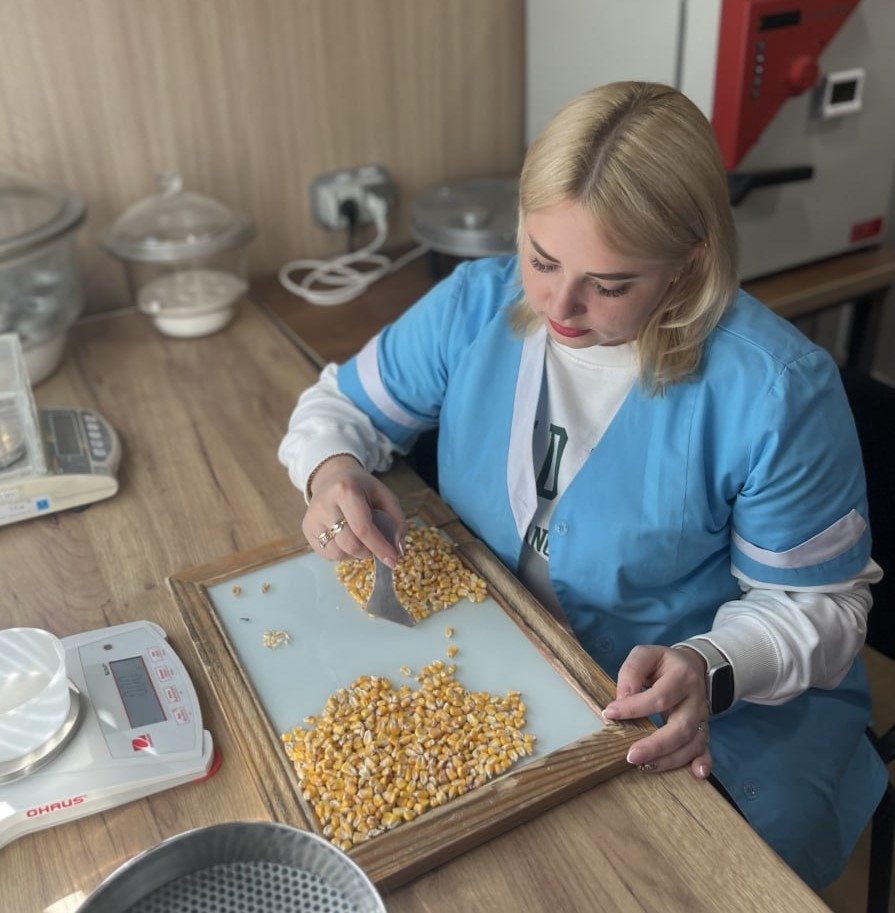In April, 56 employees from two agricultural companies, Nibulon and Grain Alliance (Baryshivka Grain Company), completed an online training course on how to ensure grain safety and quality, control grain diseases, and manage the storage conditions of the elevator for export. USAID supported the training through a grant “Development of Labor Potential for Ukraine,” implemented by the International Development Foundation and run by the Postgraduate Education Institute of the National University of Food Technologies
This course helped specialists master modern grain storage methods and laboratory analysis to preserve quality for further export to customers worldwide.
Participants analyzed the grain quality, focusing on identifying grain diseases, including how to identify diseases, their impact on seed quality, and preventive measures. They also learned about the peculiarities of disinfecting agricultural products and storage facilities, managing food safety, and drying.
Nibulon one of the largest agricultural companies in Ukraine, brought 26 employees to the course, including Anna Piskun, a top-quality engineer of the Department of Organization and Quality Control of their Bessarabia branch. Ms. Piskun noted
“The quality of the grain greatly influences its resale value. In order to maintain high quality, it is important to follow the rules at every stage of the process, starting with transferring grain to the elevator, its proper storage, and further transshipment for export. Izmail is currently the main route through which Nibulon transfers grain worldwide, so we pay special attention to the final stage of grain transshipment for export and ensure adherence to quality requirements contracted with partners. The training from USAID was very informative for our team, as it updated our knowledge on grain, oilseed, and legume crop requirements, as well as the specifics of exporting grain batches in terms of international standards and food safety requirements.”





